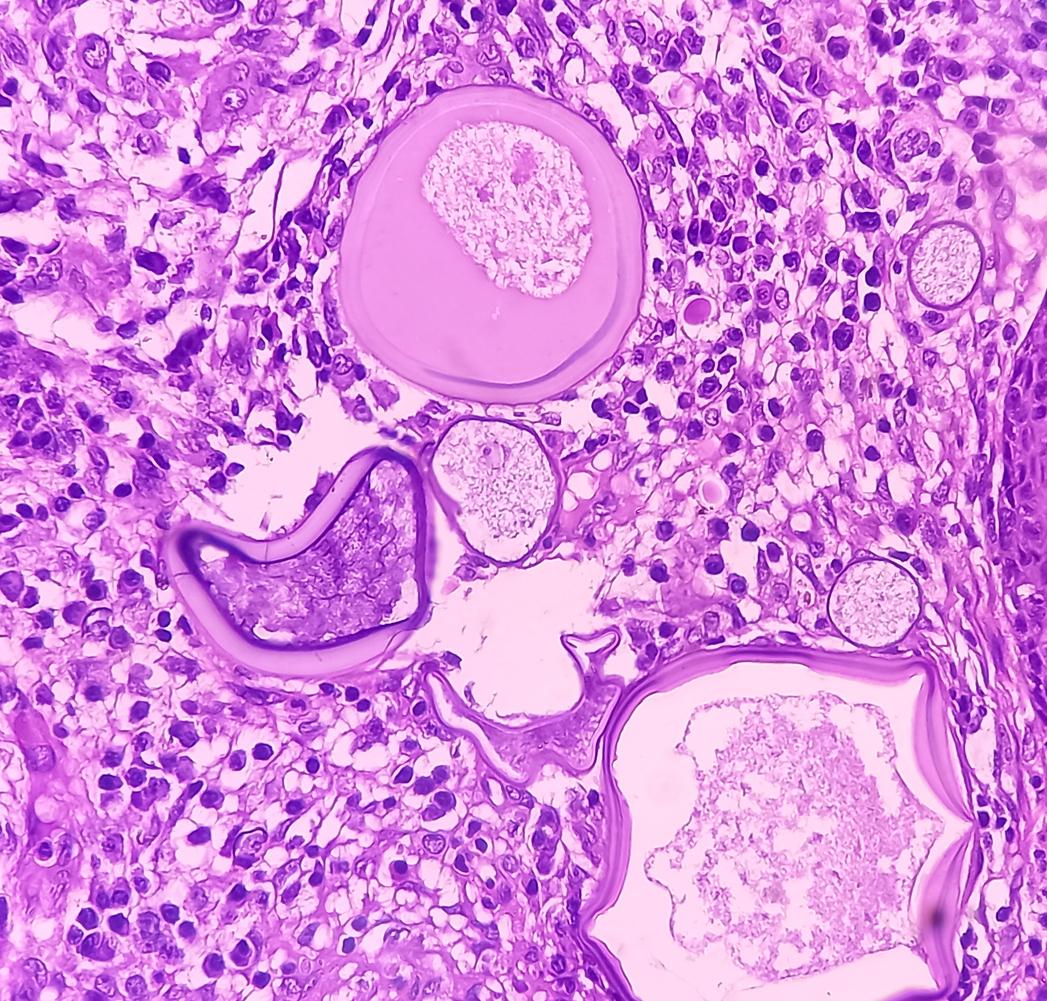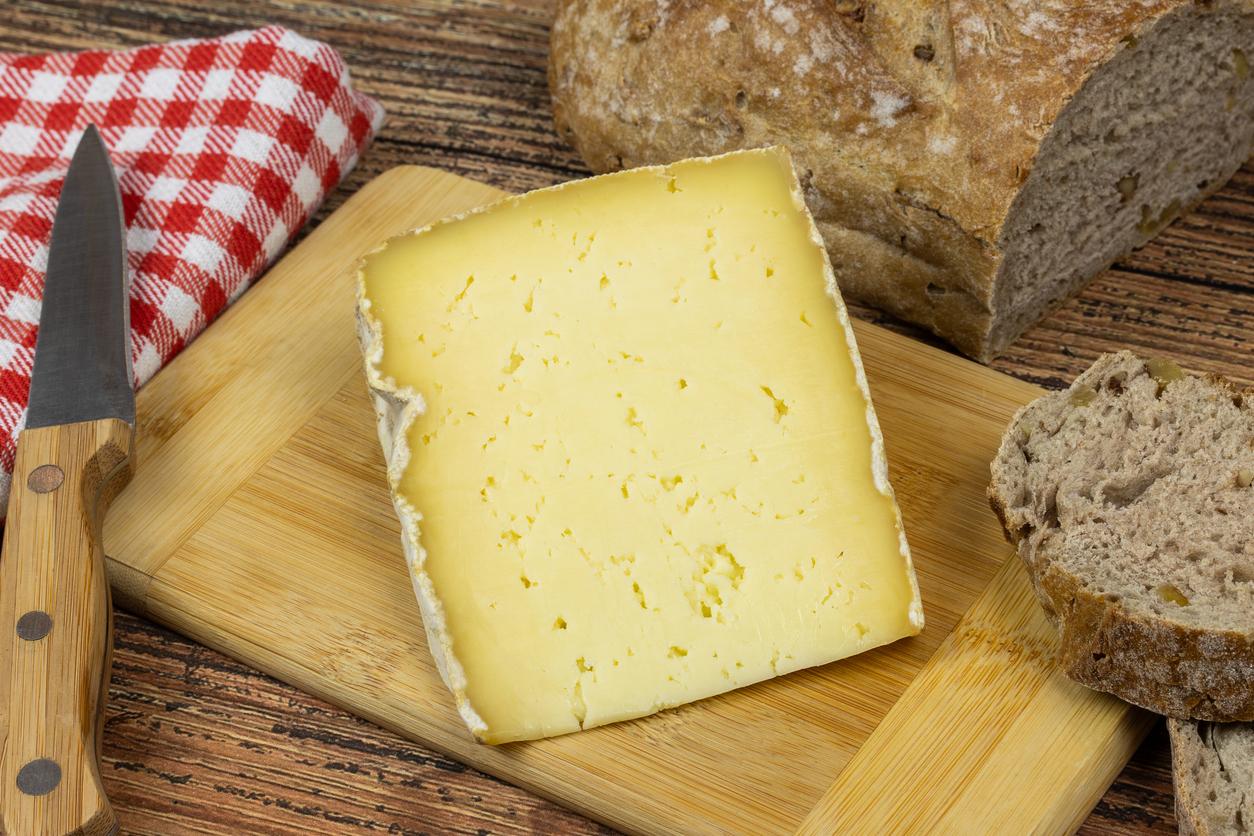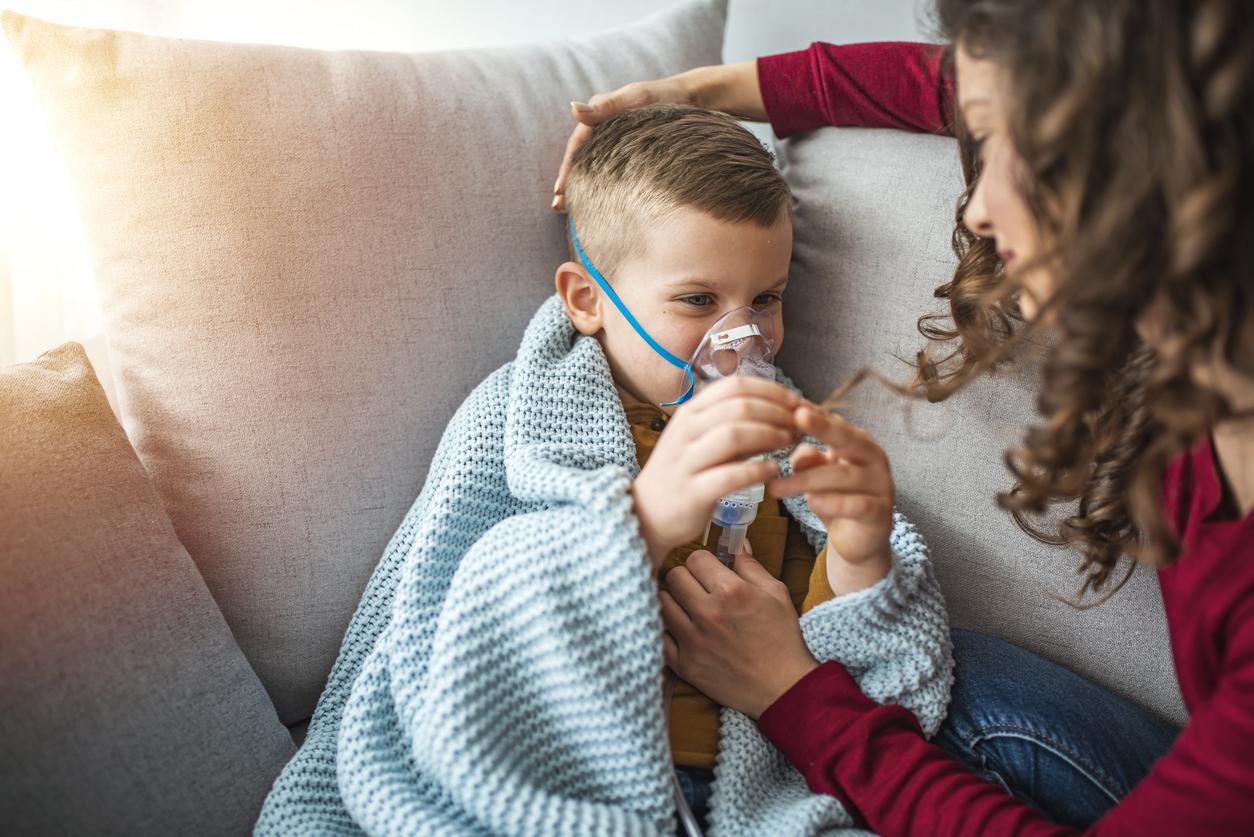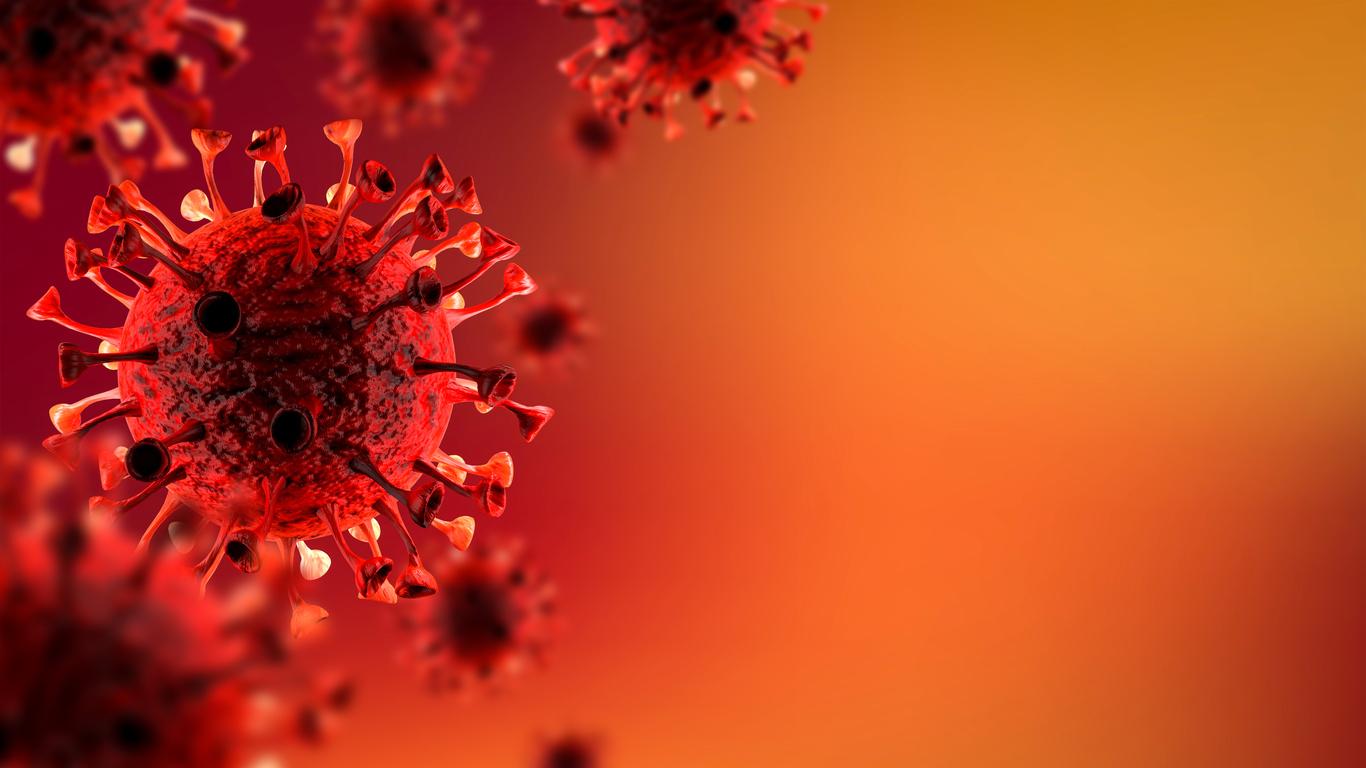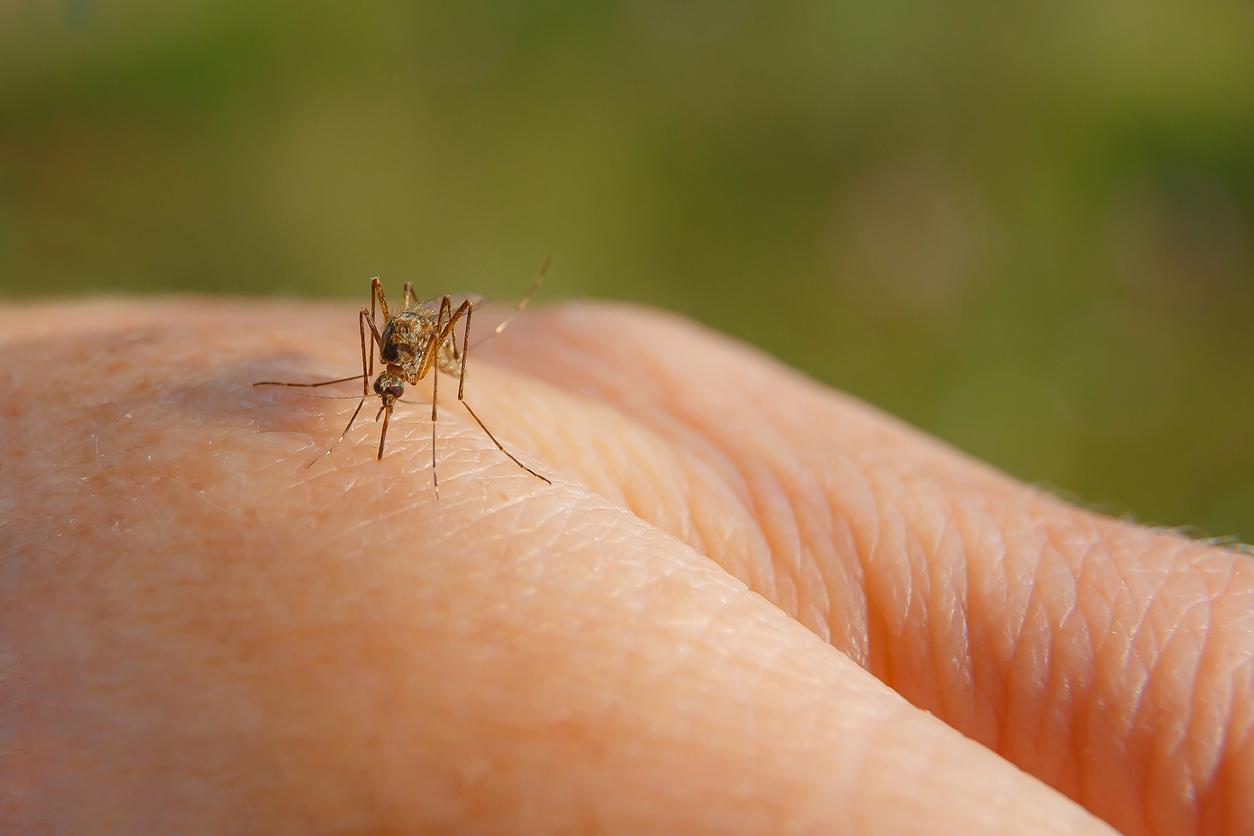Proton pump inhibitors (PPIs), often prescribed to treat gastroesophageal reflux disease in infants, are associated with an increased risk of serious infections, according to a recent study.
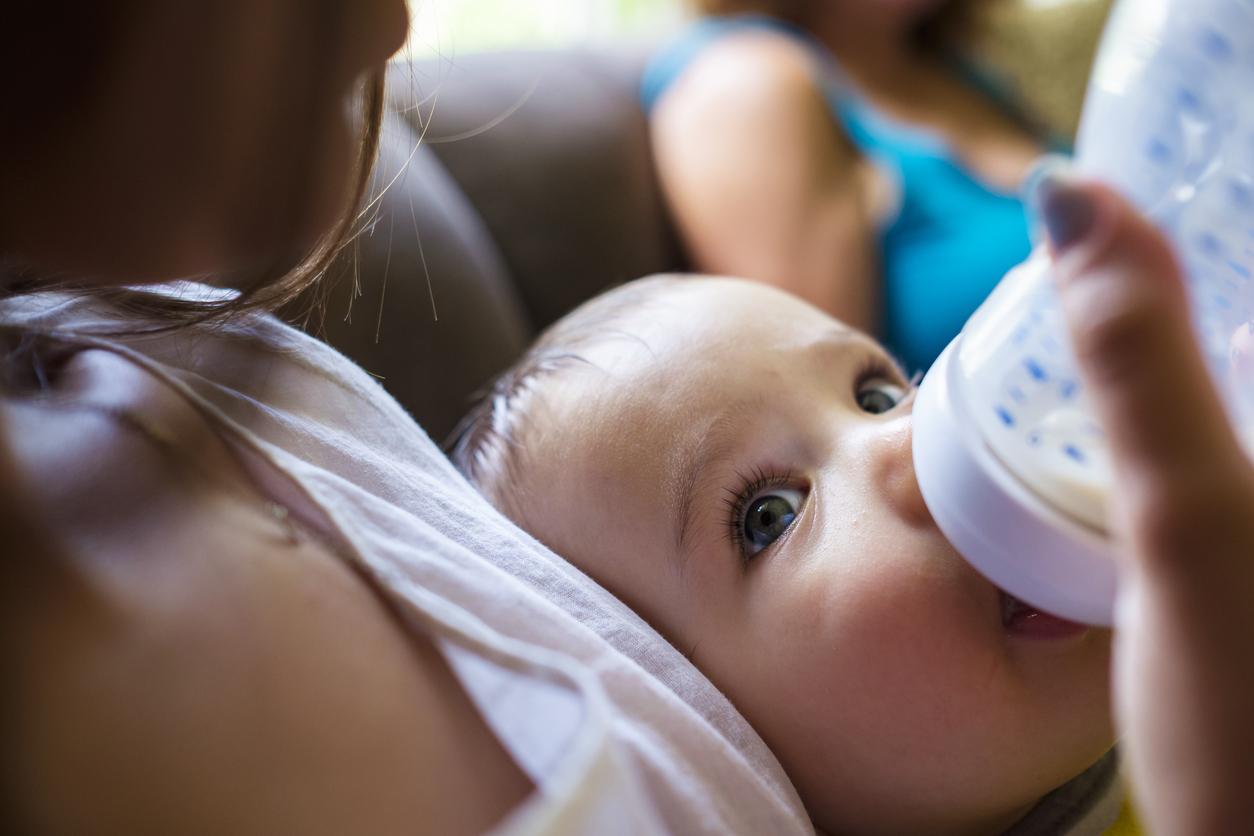
- Nearly two thirds of infants aged 4 to 5 months suffer from gastric reflux.
- An EPI-PHARE study warns against the use of proton pump inhibitors (PPIs) in babies. They would increase the risks of serious infections in toddlers.
- For the researchers, “proton pump inhibitors should not be used without clear indication” in babies.
Gastroesophageal reflux (GERD) is a common disorder in infants: almost two thirds of babies aged 4 to 5 months suffer from these rise of stomach contents towards the esophagus. When regurgitation is very severe and chronic, pediatricians may prescribe proton pump inhibitors. (PPI) to relieve symptoms. However, a recent study, carried out in France, revealed that they are not without risk for toddlers.
The article, co-signed by members ofEPI-Lighthouseappeared in the magazine JAMA Pediatrics mid August.
PPI and risk of infection: a cohort of more than 1.2 million children
The French group of researchers discovered that PPI increase the risk of serious infections in babies. Scientists reached this conclusion after analyzing data from more than 1.2 million children born between January 1, 2010 and December 31, 2018 in France.
Among these small patients, 606,645 had taken PPI to treat gastroesophageal reflux or other disorders linked to gastric acidity.
By comparing the medical records of children exposed to PPI with those who were not, researchers found a correlation between proton pump inhibitor use and an increased risk of serious infections. Anti-acid treatment makes toddlers more vulnerable to infections affecting the digestive tract (+53%)the sphere otolaryngological (+43%)the lower respiratory tract, the kidneys, the urinary tract and even the nervous system. A risk of bacterial and viral infections is also observed.
THE PPI disrupt the immune defenses ofbabies
Researchers point out that gastric acidity constitutes a defense for the child by killing ingested pathogens. They advance as well as “increasing gastric pH, PPI modify the gastric microbiota, thus promoting the development of bad bacteria and infections”. The team also adds that these drugs can “directly affect multiple functions of the immune system. Specifically, they could interfere with various functions of neutrophils (type of white blood cells, Editor’s note)“.

baby : be careful with PPI
Faced with these results, researchers recommend limiting the use of proton pump inhibitors in infants. They wrote in their communicated : “in this study, the use of PPI has been associated with increased risks of serious infections in young children. Proton pump inhibitors should not be used without clear indication in this population.”
In his October 2022 sheetthe High Authority of Health recalled that “the vast majority of infants with regurgitation have non-pathological gastroesophageal reflux which does not require treatment with PPIaccording to clinical data”. It therefore recommends that the prescription of the drug be “reserved for infants aged over 1 month and children with GERD persistent and annoying, accompanied by complications or occurring in a particular area, if possible after specialist advice.









